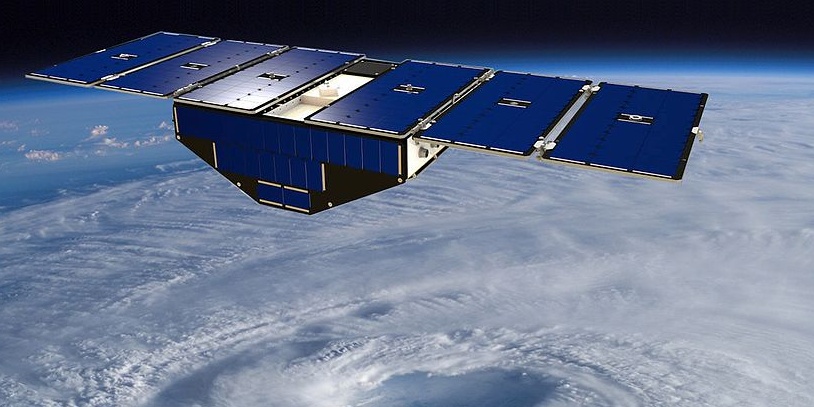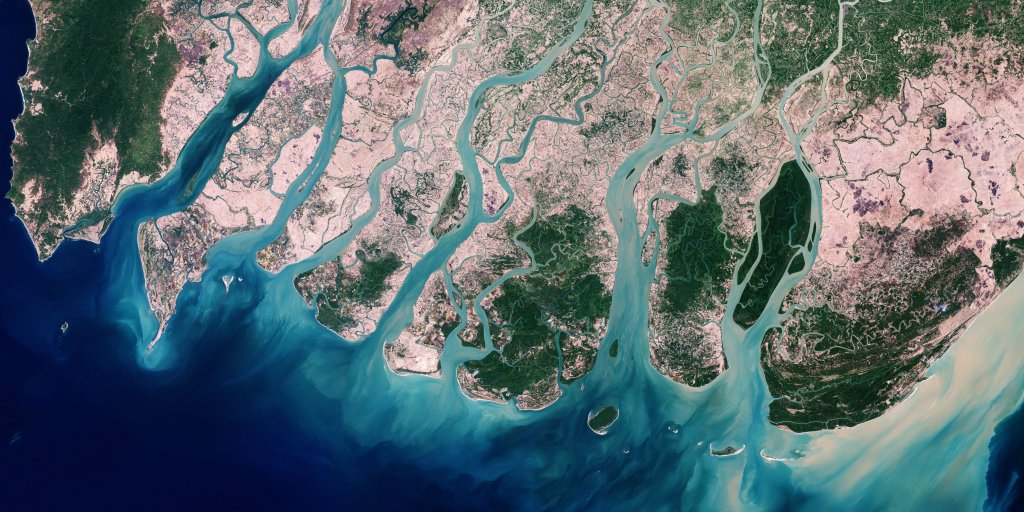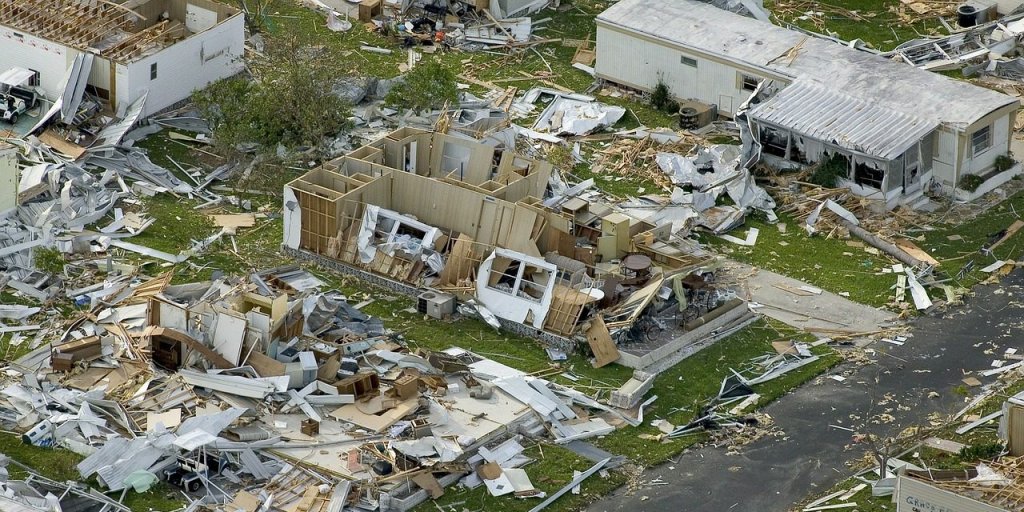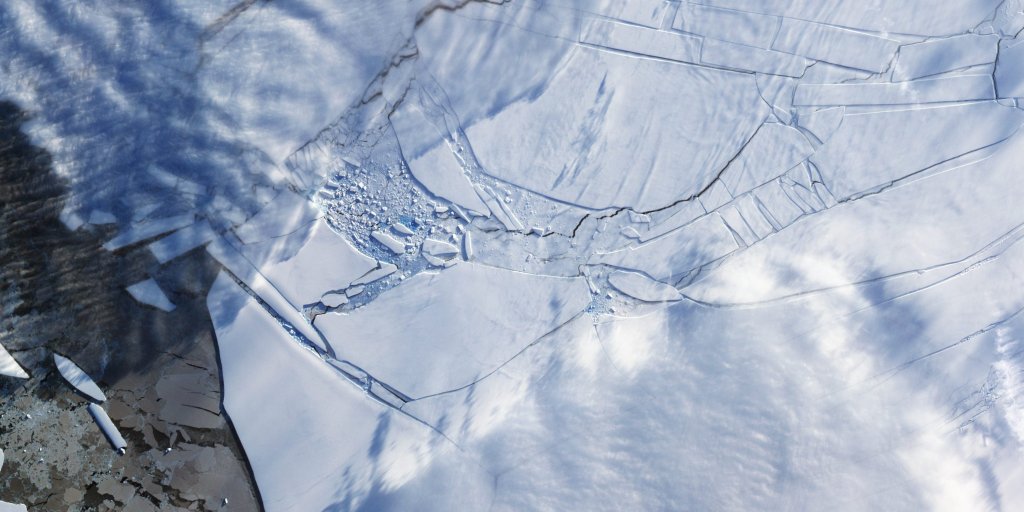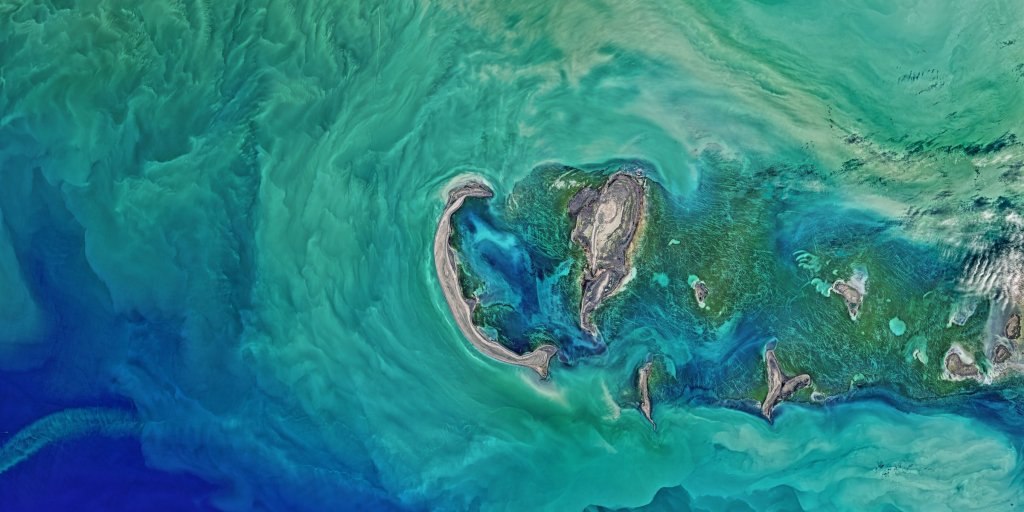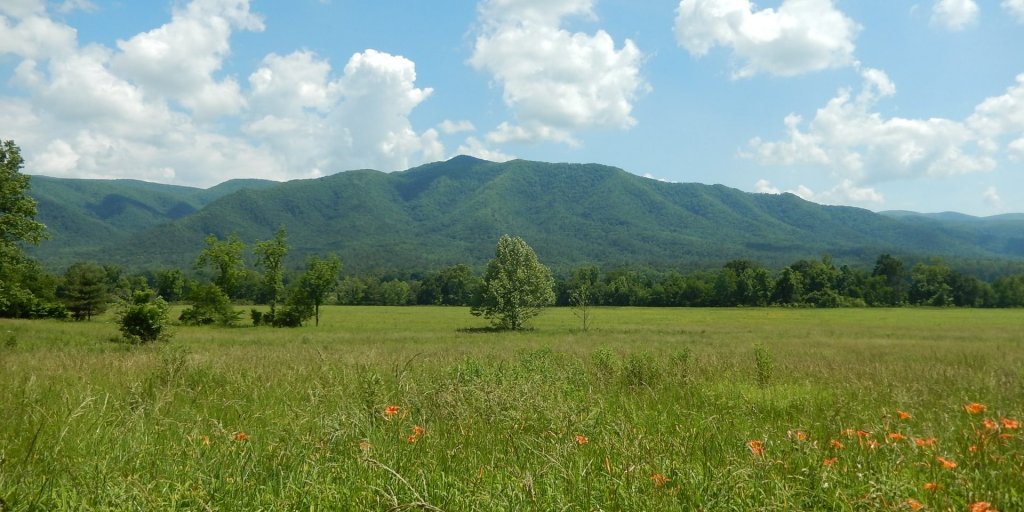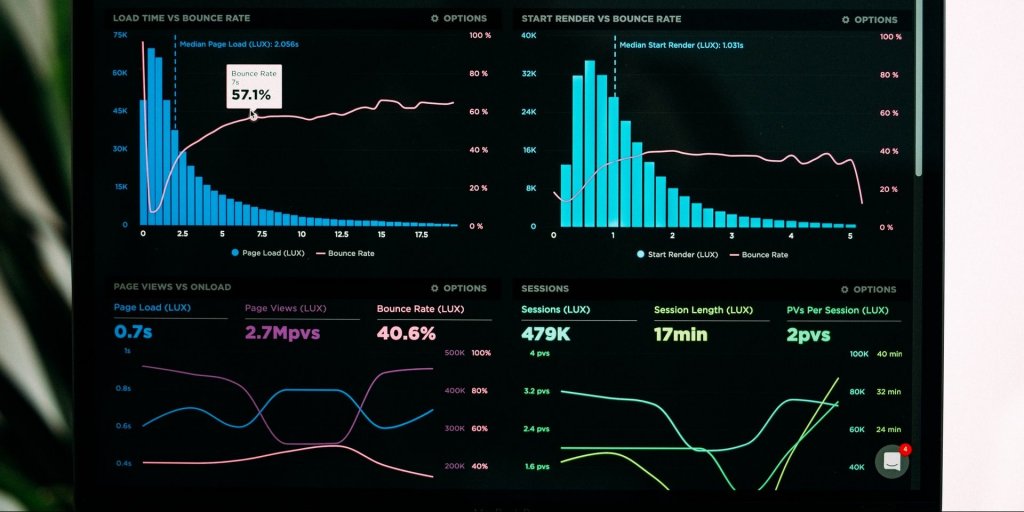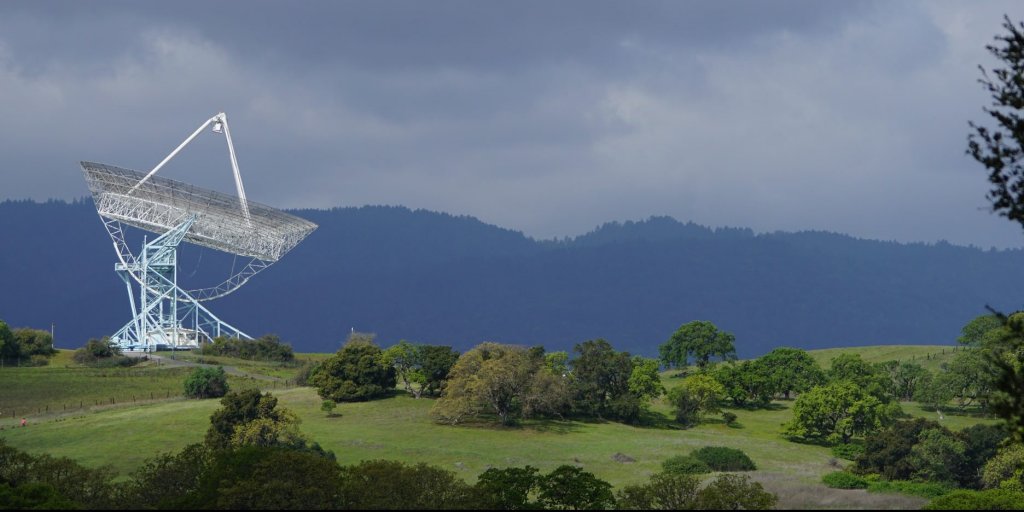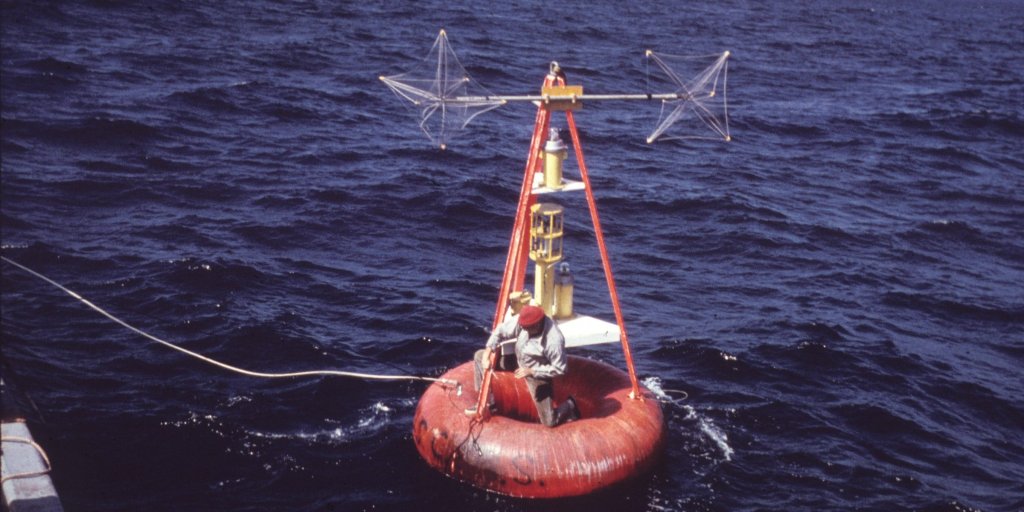These joint science initiatives and programmes are co-sponsored by the ISC and other international organizations (e.g. from the UN system) and focus on specific areas of international research that are of interest to all or many ISC Members. They are important means of bringing together a range of partners to address a particular issue or area. One of the key features of these collaborative programmes is the ability to consider the issue from the broadest possible perspective while minimizing overlap and duplication of effort.
Thematic Organizations
These initiatives have been set up to address specific themes and to provide a platform to convene scientists with common interests across disciplinary borders, to plan and organize international scientific initiatives and to offer advice in a policy context.
Committee on Space Research (COSPAR)
The Committee on Space Research (COSPAR) is an interdisciplinary scientific body concerned with the progress on an international scale of all kinds of scientific investigations carried out with space vehicles, rockets and balloons.
Global Research Programme on Inequality (GRIP)
GRIP views inequality as both a fundamental challenge to human well-being and as an impediment to achieving the ambitions of the 2030 Agenda and aims to foster co-designed processes of knowledge creation to understand the multiple dimensions of rising inequalities.
Future Earth
A global network of scientists, researchers, and innovators collaborating to provide the knowledge needed to support transformations towards sustainability for a more sustainable planet, with the mission to accelerate transformations to global sustainability through research and innovation.
International Network for Government Science Advice (INGSA)
A collaborative platform for policy exchange, capacity building and research aiming to enhance the global science-policy interface to improve the potential for evidence-informed policy formation at sub-national, national and transnational levels.
Integrated Research on Disaster Risk (IRDR)
A global, multi-disciplinary approach to dealing with the challenges brought by natural disasters, mitigating their impacts, improving related policy-making mechanisms, addressing technological and health-related events when these are consequences of natural hazards.
Scientific Committee on Antarctic Research (SCAR)
SCAR is charged with initiating, developing and coordinating high quality international scientific research in the Antarctic region (including the Southern Ocean), and on the role of the Antarctic region in the Earth system.
Scientific Committee on Oceanic Research (SCOR)
SCOR activities focus on promoting international cooperation in planning and conducting oceanographic research, and solving methodological and conceptual problems that hinder research, covering all areas of ocean science.
Scientific Committee on Solar-Terrestrial Physics (SCOSTEP)
SCOSTEP aims to strengthen international solar-terrestrial science for the benefit of society by promoting solar-terrestrial physics research by providing the necessary scientific framework for international collaboration and dissemination of the derived scientific knowledge.
Urban Health & Well-being (UHWB)
The goals of this programme are to create knowledge about the multi-faceted determinants and drivers of health and well-being in urban environments and communicate this knowledge with science, policy and for capacity building.
World Climate Research Programme (WCRP)
WCRP leads the way in addressing frontier scientific questions related to the coupled climate system and contributes to advancing understanding of the multi-scale dynamic interactions between natural and social systems that affect climate.
Data and Information
Virtually all international science depends on the production, use and integration of data and information. ISC is thus keenly interested in all aspects of this issue. Today’s environment raises new challenges related to standardizing the collection, analysis and dissemination of data, as well as to intellectual property rights and data access. Some of ISC’s Data and Information related initiatives are specific to a particular scientific domain; others are concerned with broad issues that affect the entire scientific community.
Committee on Data (CODATA)
The CODATA helps realise the ISC’s vision of advancing science as a global public good by promoting international collaboration to advance open science and to improve the availability and usability of data for all areas of research.
Frequencies for Radio Astronomy & Space Science (IUCAF)
The IUCAF is an international committee that works in the field of spectrum management on behalf of the passive radio sciences, like radio astronomy, remote sensing, space research, and meteorological remote sensing.
World Data System (WDS)
The WDS’s mission is to support the ISC’s vision by promoting long-term stewardship of, and universal and equitable access to, quality-assured scientific data and data services, products, and information across all disciplines in the Natural and Social Sciences, and the Humanities.
Monitoring and Observations
Our monitoring and observation programmes facilitate data collection and foster the development of international standards and methodologies that support universal equitable access. Global observing initiatives are critically important to policy-relevant science at national, regional and international scales. Moreover, the need to integrate data from ocean, terrestrial and climate systems is increasingly evident.
Global Climate Observing System (GCOS)
The GCOS works towards a world where climate observations are accurate and sustained, and access to climate data is free and open. They regularly assesses the status of global climate observations and produces guidance for its improvement.
Global Ocean Observing System (GOOS)
The GOOS is a collaborative system of ocean observations, encompassing in situ networks, satellite systems, governments, UN agencies and individual scientists with a vision for a GOOS that delivers the information needed for sustainable development, safety and well-being.
Photo by Ellen Qin on Unsplash
-

World Climate Research Programme launches a Lighthouse Activity on Climate Intervention Research
-
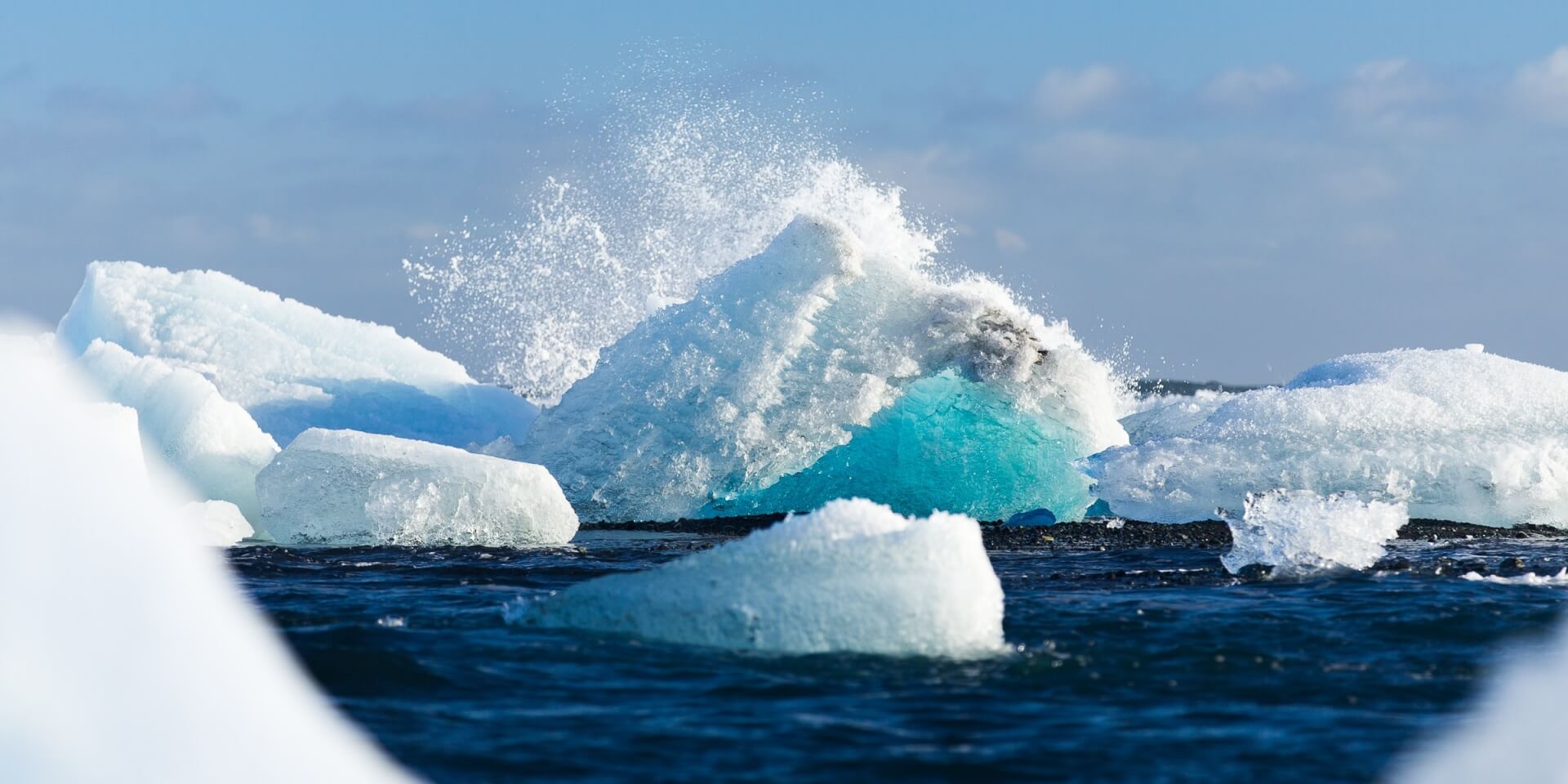
One Planet Polar Summit, scientists striving to bridge the science-policy gap for urgent action: “every tenth of a degree Celsius matters”
-
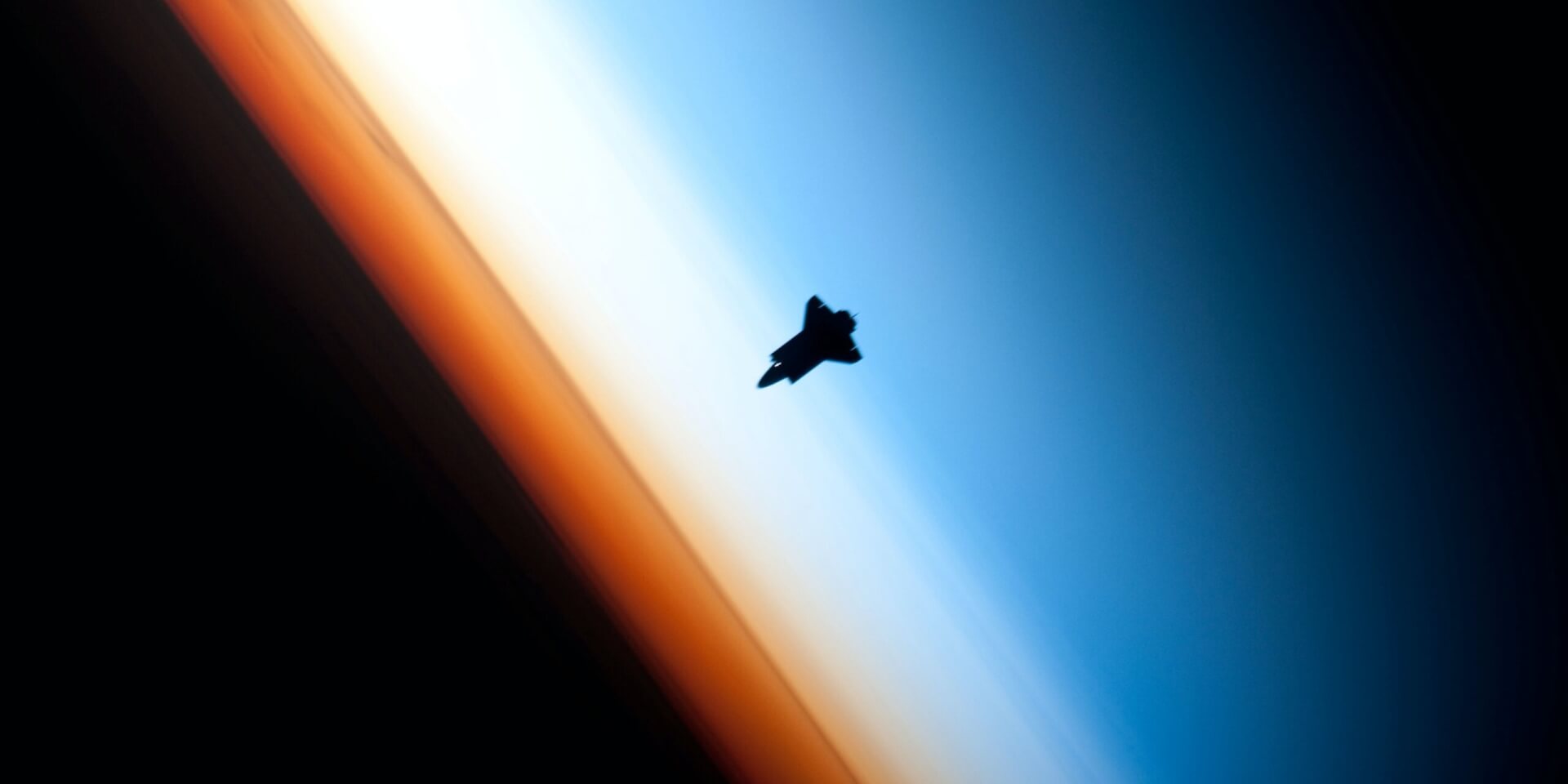
The new space odyssey: balancing private interests with global science
-

Our Future Depends on Us: Antarctic climate change and the environment

